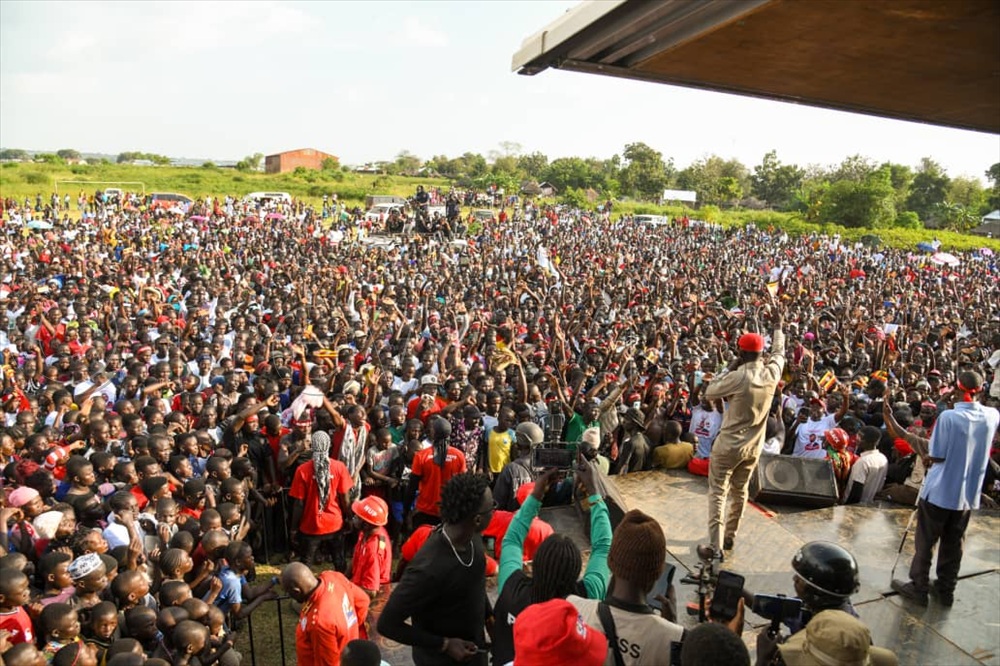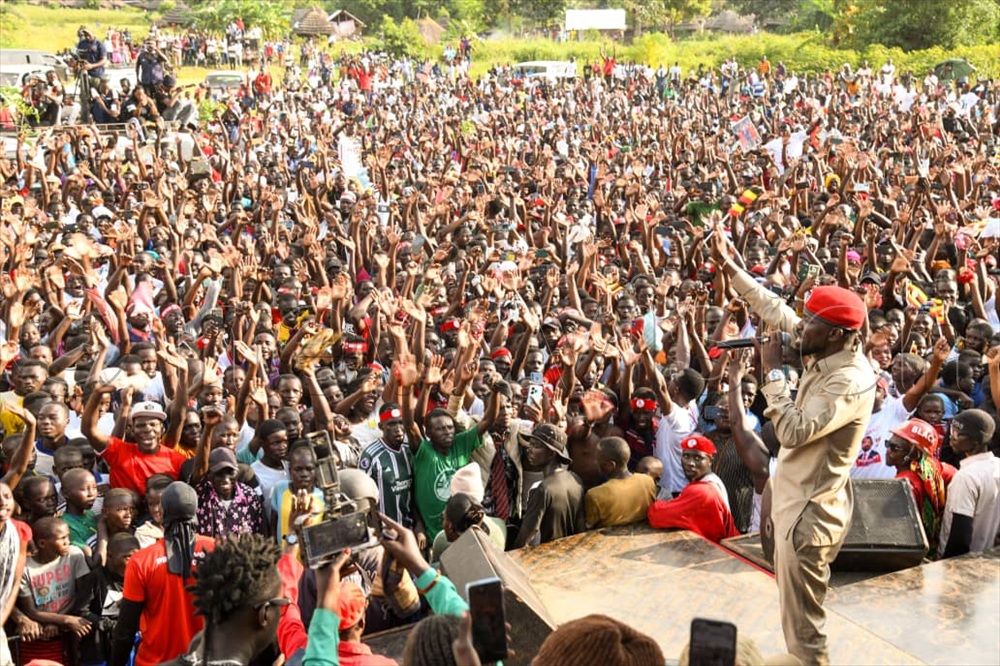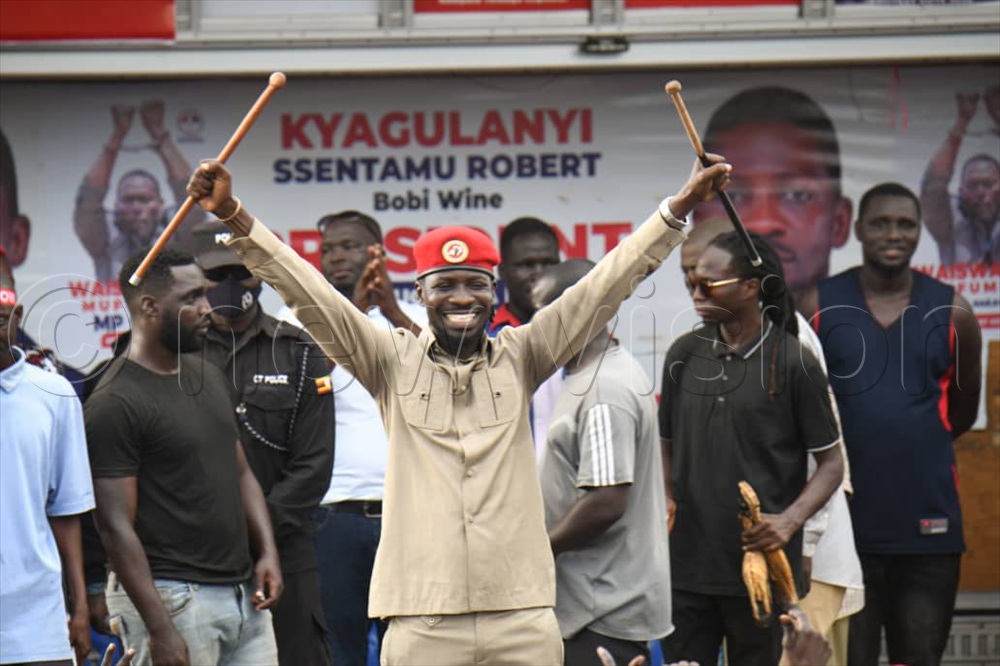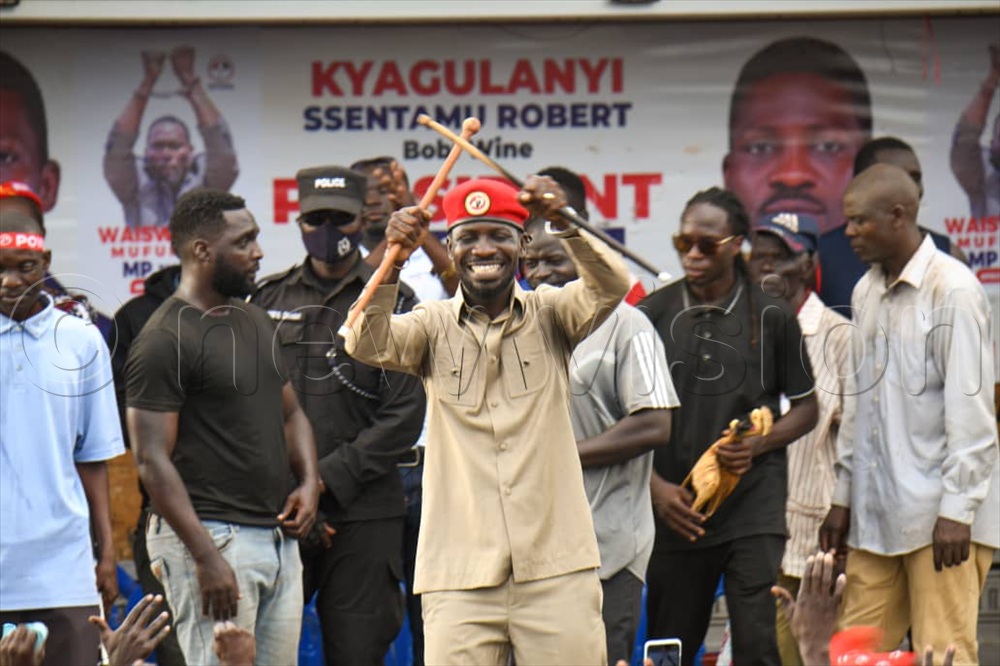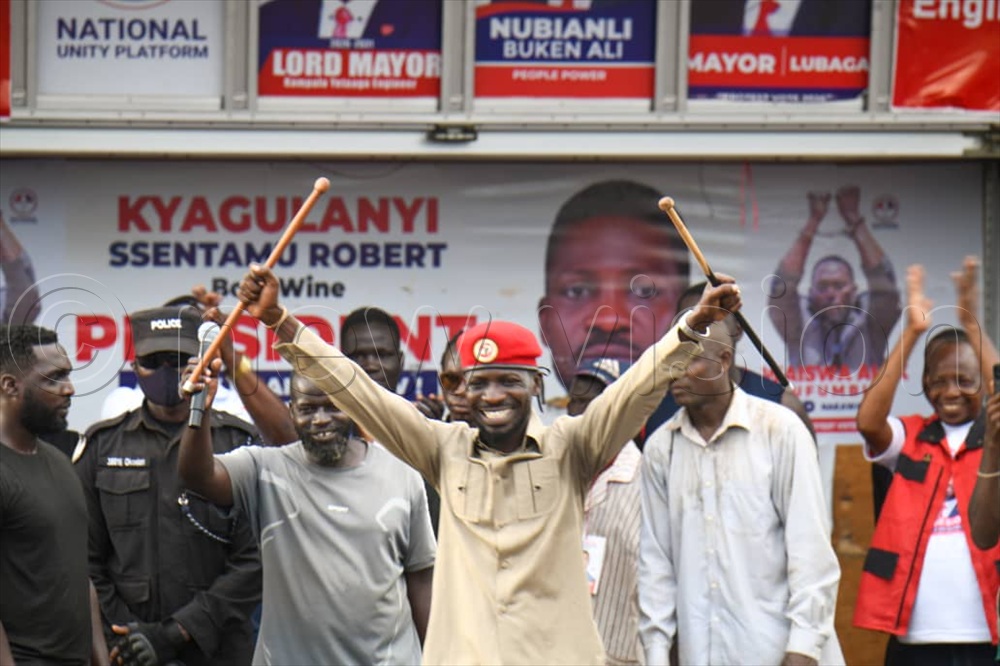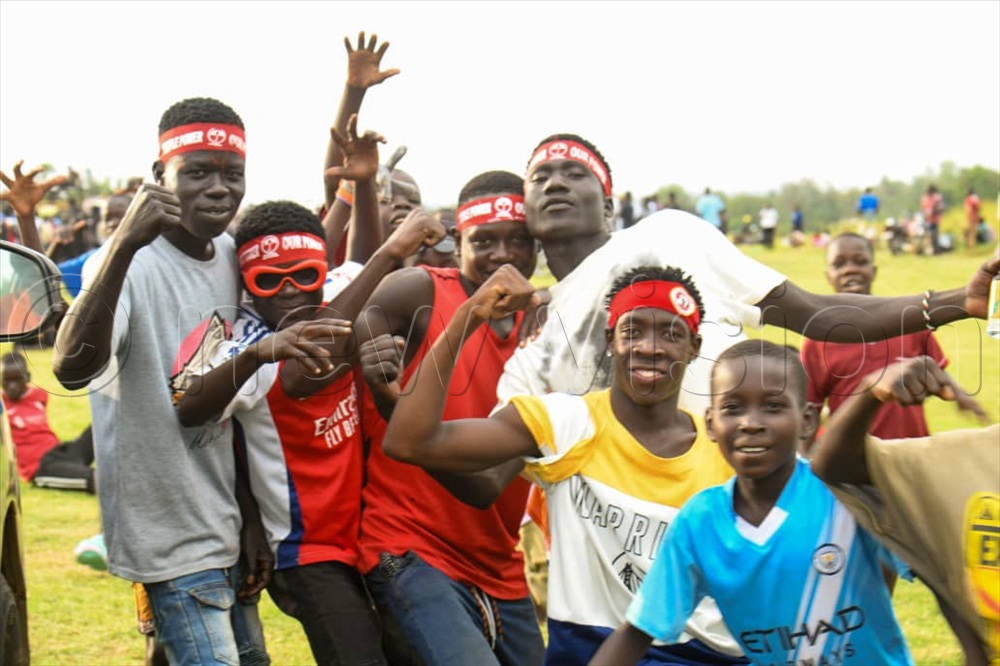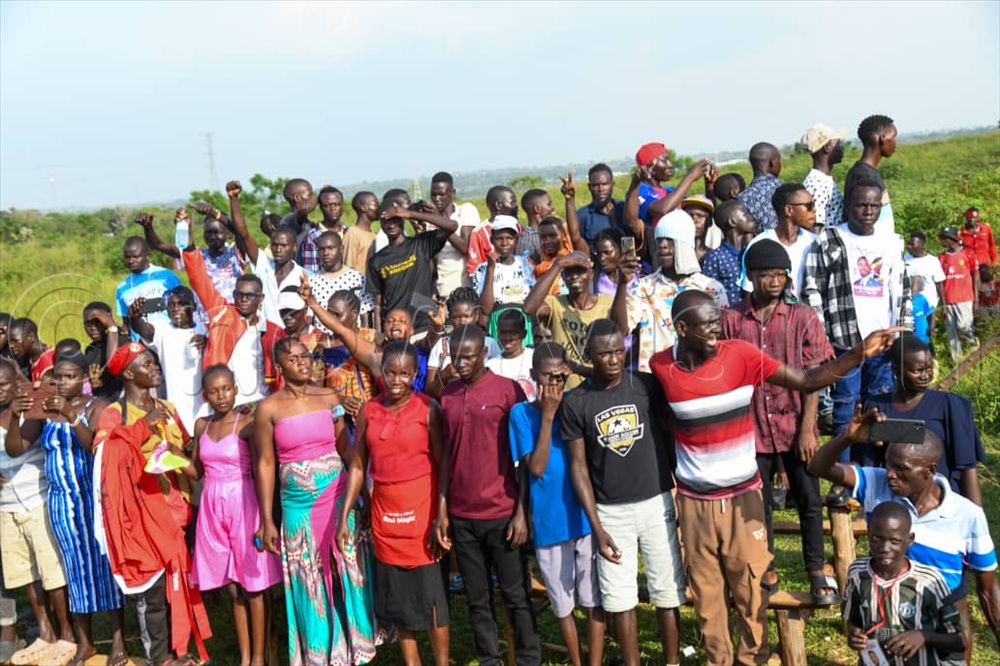📷 Kyagulanyi pledges to accelerate West Nile’s development
“It is not normal for schools to remain in poor condition, for youth to struggle with unemployment, and for local industries to be underdeveloped. With the right leadership, we can cut regional disparities by half.”
National Unity Platform (NUP) presidential candidate Robert Kyagulanyi campaigning at Transcopio Play Ground in Pakwach Town Council on Monday, November 17. (Photos by Ponsiano Nsimbi)
________________
National Unity Platform (NUP) presidential candidate Robert Kyagulanyi has pledged to address what he described as the slow pace of development in West Nile.
He said the region has been neglected for decades while the rest of the country progresses.
Kyagulanyi made the remarks in Pakwach at the start of his West Nile tour on Monday (November 17).
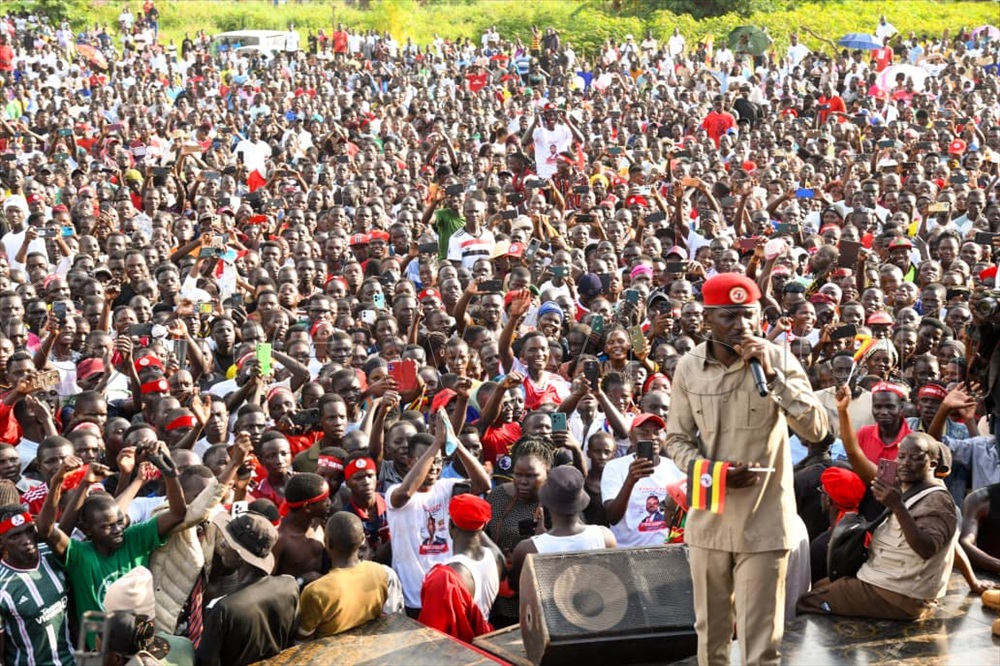

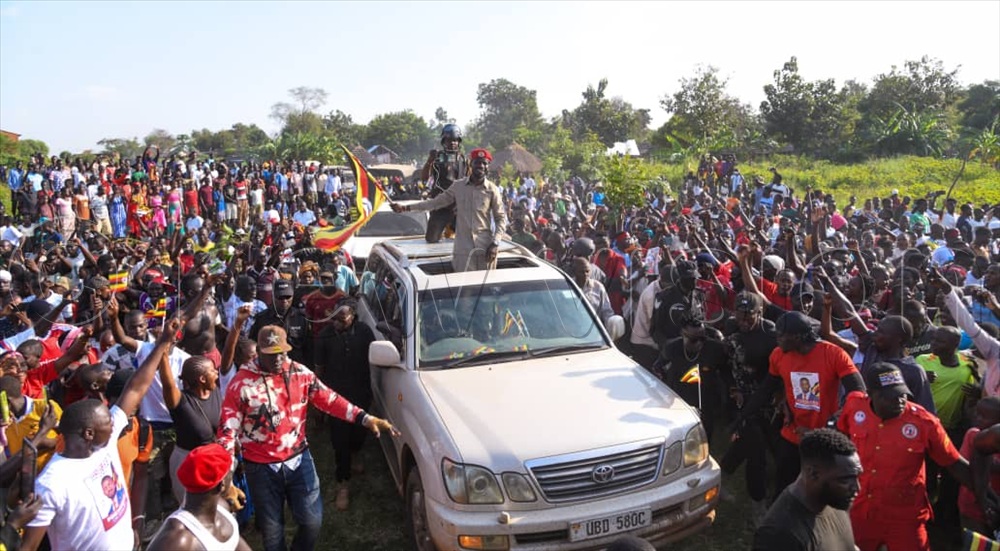
The NUP leader criticised the centralisation of government services and resources, saying it has hindered economic growth in the region.
“Uganda is rich, but West Nile has been left behind for too long,” he said in Panyimur.
“It is not normal for schools to remain in poor condition, for youth to struggle with unemployment, and for local industries to be underdeveloped. With the right leadership, we can cut regional disparities by half.”
He highlighted West Nile’s strategic economic position as a gateway for trade with the Democratic Republic of Congo and South Sudan, adding that poor infrastructure, limited access to healthcare, and low investment continue to undermine the region’s potential.
Residents welcomed his message. Joseph Onegi, a district councillor aspirant for Alwi subcounty, said industrialisation is essential for job creation.
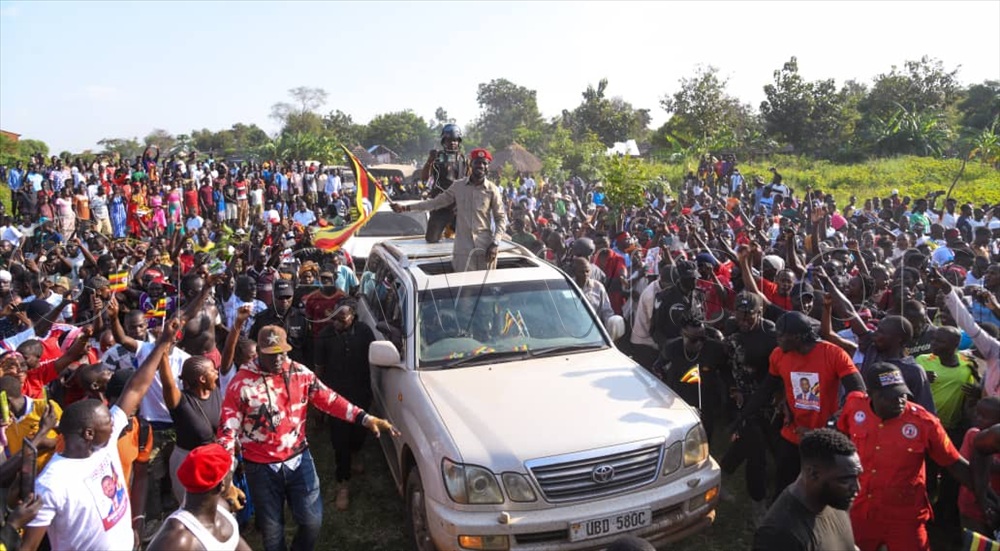

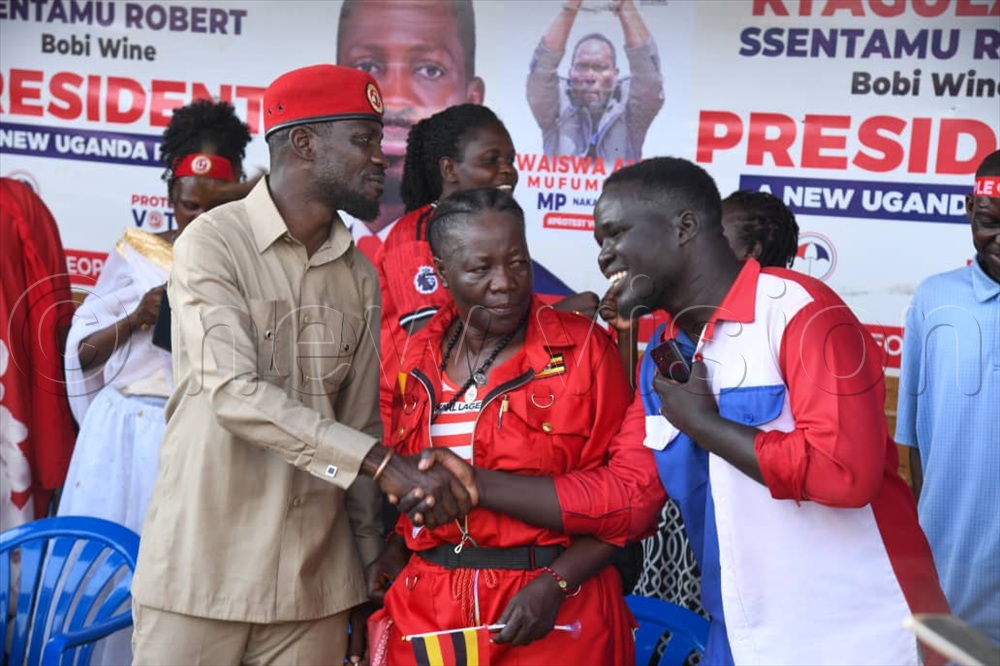
“There is no investment here in factories. If an industrial park is opened, it will reduce over-reliance on fishing and create sustainable employment,” he said.
Fisherman Benjamin Matektho called for fairer enforcement of fishing regulations. “We have depended on the Nile for generations. Policies must allow time for adjustment instead of seizing boats,” he said.
Kyagulanyi pledged to decentralise government services to improve local planning and efficiency, revive cooperative unions for farmers, prioritise rural infrastructure, and ensure that mineral and oil wealth benefits local communities first.
He urged voters to turn out on January 15, 2025, promising leadership that serves the people, creates jobs, ends tribalism, and guarantees equitable development.
“West Nile has been neglected for too long. It is time for all regions to develop together,” he said.
